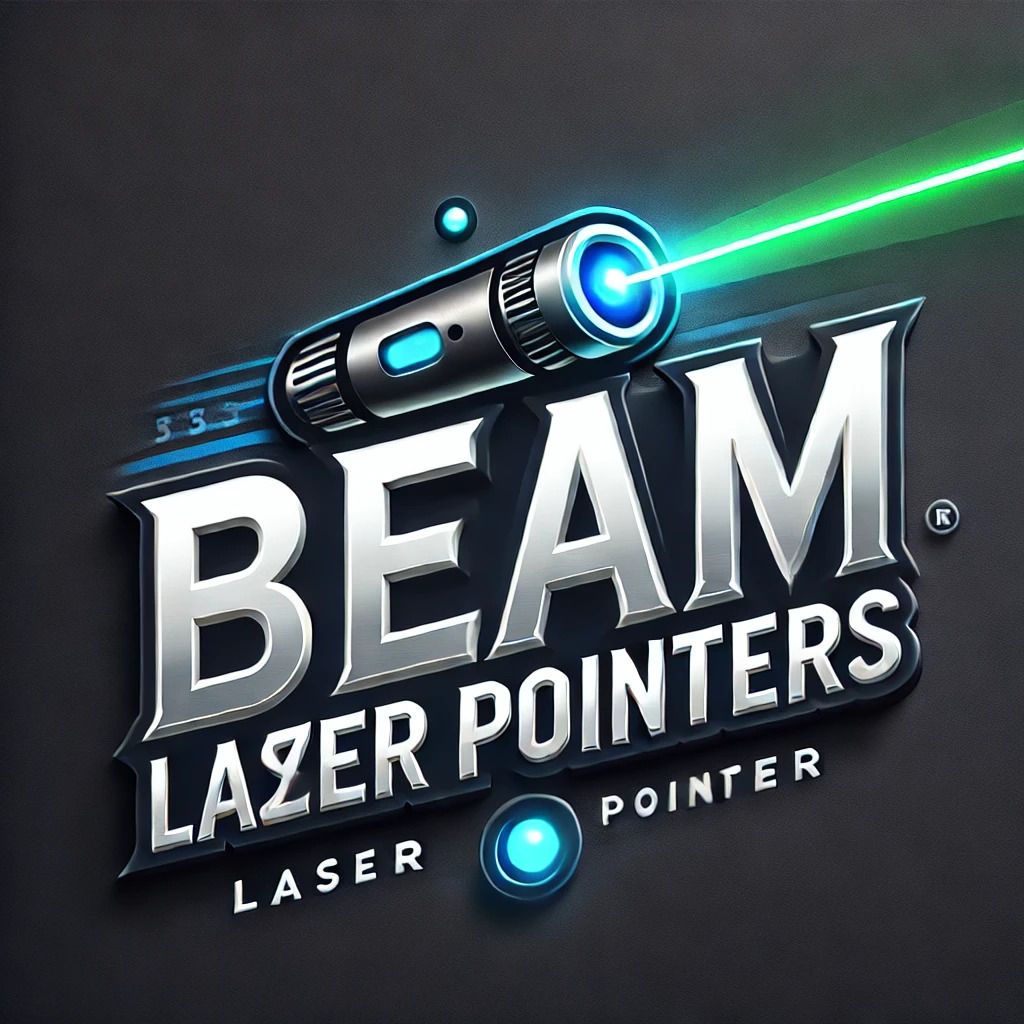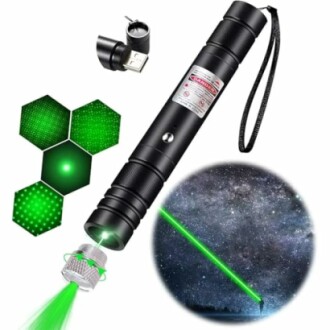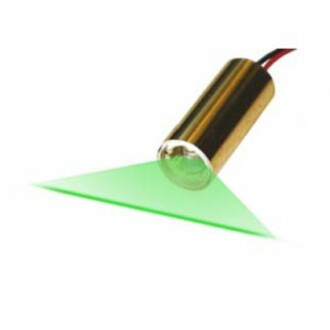
Tips for using laser pointers in outdoor astronomy
Key Takeaways
- Laser pointers can enhance outdoor astronomy experiences by aiding in pointing out celestial objects.
- Choose the right laser pointer for your needs, focusing on color, power, and features.
- Understand the safety guidelines for using laser pointers in public settings.
- Proper techniques for effectively using a laser pointer to improve stargazing events.
Outdoor astronomy events are thrilling experiences that allow amateur astronomers to explore the night sky. One tool that has gained popularity among stargazers is the laser pointer. In this article, we’ll cover practical advice for using laser pointers effectively during outdoor stargazing events.
Why Use Laser Pointers in Astronomy?
Laser pointers have become essential tools for amateur astronomers, offering the following benefits:
- Enhanced Visualization: Laser pointers make it easier to indicate specific stars, constellations, and celestial bodies.
- Interactive Experience: Engaging with fellow astronomers by pointing out various astronomical features adds to the enjoyment.
- Safety and Control: A laser pointer helps direct attention without the need to physically move people or equipment, ensuring a smoother viewing experience.
Choosing the Right Laser Pointer
Not all laser pointers are suitable for astronomy. When selecting one, consider the following:
| Feature | Consideration |
|---|---|
| Color | Green laser pointers are more visible in the night sky compared to red ones. |
| Power | A higher power rating (up to 5mW for safety) increases visibility but may require safety precautions. |
| Battery Type | Rechargeable options offer convenience for long nights of observation. |
| Focus Adjustment | Laser pointers with adjustable focus allow for better results at varying distances. |
Featured Product
High Power Laser Pointer
This rechargeable green laser pointer features adjustable focus and a star cap for enhancing your astronomy experience.
Learn MoreBest Practices for Using Laser Pointers
To maximize the use of laser pointers during outdoor astronomy, follow these best practices:
- Check Local Regulations: Before using a laser pointer, ensure that it's legal in your area and that you understand any restrictions.
- Aim Responsibly: Never point the laser at aircraft or individuals. Always maintain control of the beam.
- Use During Clear Nights: Laser pointers are most effective when the night sky is clear and visibility is high.
- Engage with Participants: Encourage others to follow along and ask questions while you point out constellations and celestial objects.
Creating an Interactive Stargazing Event
To make your astronomy event more enjoyable, consider these interactive elements:
- Prepare a list of celestial objects to share and provide an overview of what to look for.
- Use a star chart app or printouts to help guide participants.
- Encourage group participation by allowing each person a chance to use the laser pointer.
- Host a Q&A session where participants can ask questions about the night sky.
Safety Tips
Safety is paramount when using laser pointers. Here are essential safety tips to follow:
Beginner Section: Safety Guidelines
- Always check your surroundings before using a laser pointer.
- Keep the laser pointer away from children's reach.
- Do not shine the laser at reflective surfaces.
- Wear protective eyewear if using high-power laser pointers.
Conclusion
In summary, using laser pointers can significantly enhance outdoor astronomy experiences. By selecting the right pointer, understanding best practices, and adhering to safety guidelines, you can create a memorable and enjoyable stargazing event. For more resources on laser pointers, check out our Laser pointer safety tips page for essential knowledge and guidelines.
Another Useful Product
Laser Module VLM-520-27
This industrial-grade laser line generator provides precise alignment for outdoor astronomy equipment.
Learn MoreFor further insights on laser pointers, feel free to explore our Educational Resources category for more articles, guides, and tips.





